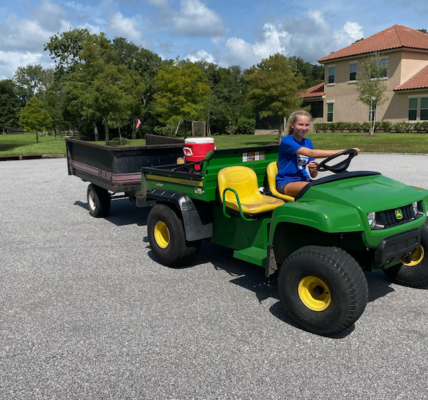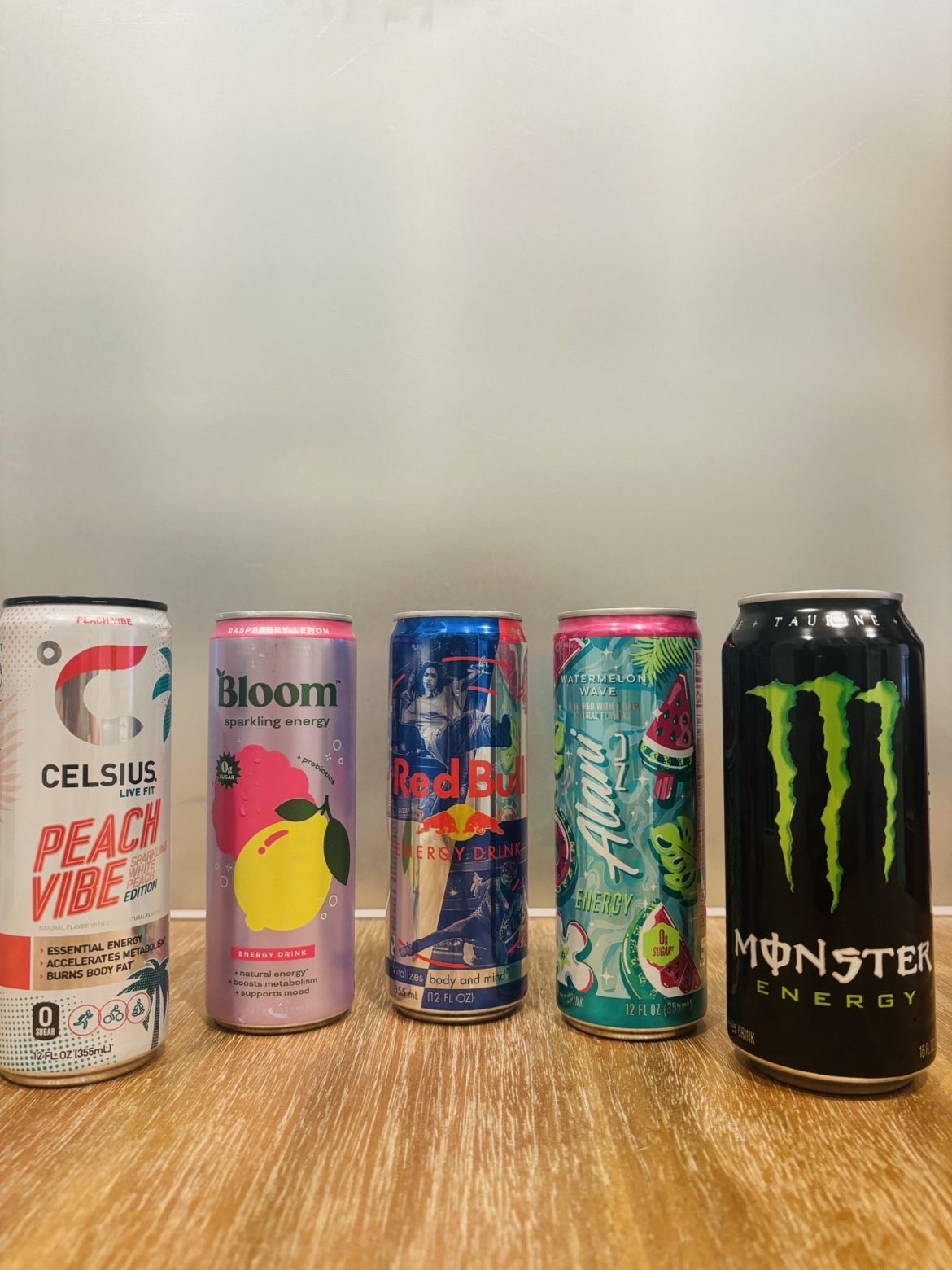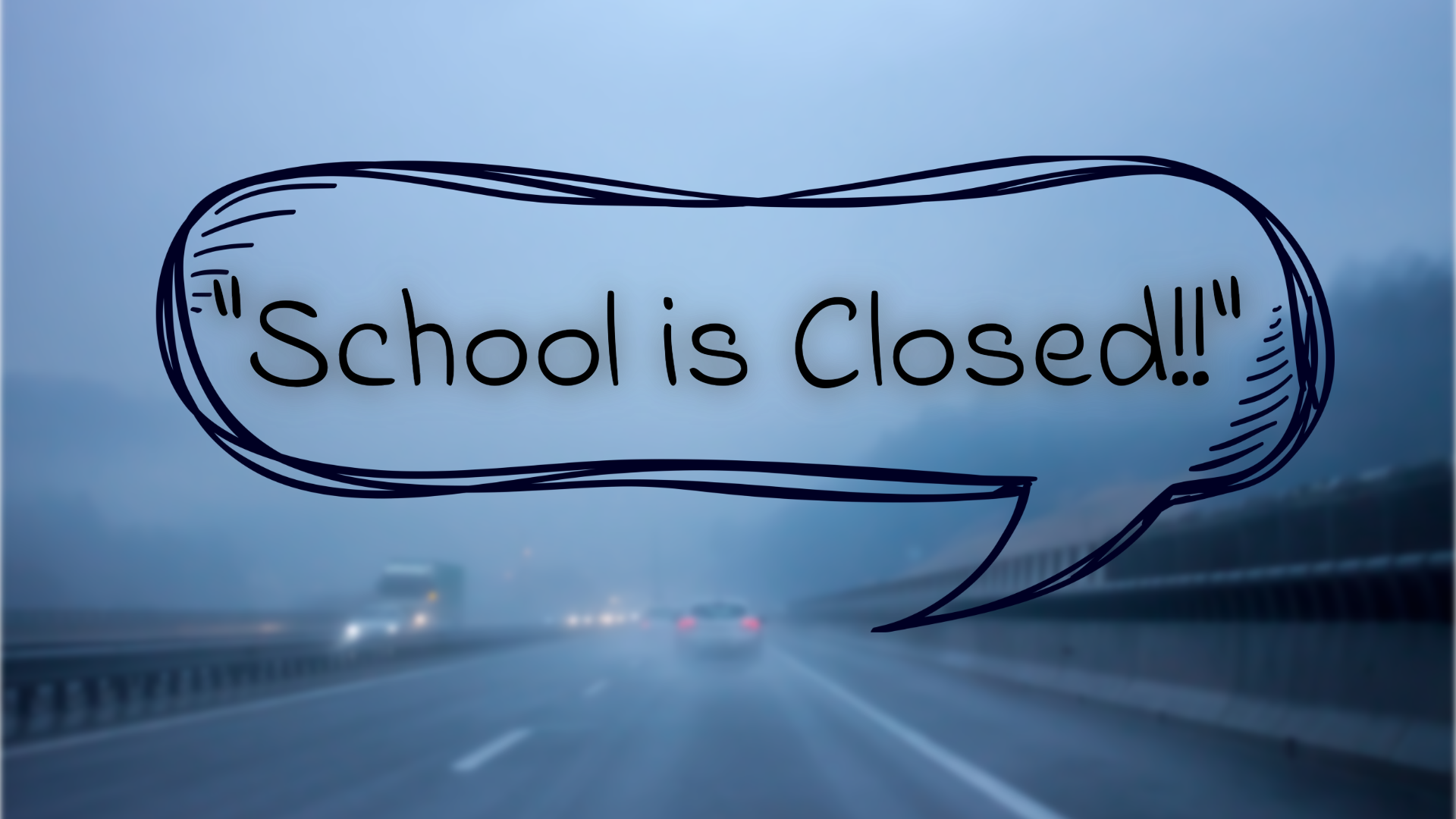By Kayla Edwards
Domestic violence is a crucial issue that extends beyond the home and into the lives of teens. At Ponte Vedra High School, many students face challenges when dealing with toxic relationships, often struggling with the decision to leave these situations. While it may feel like a private issue, the effects of domestic violence reach far into the daily lives of students, influencing their mental health, academic performance, and social skills. For those experiencing domestic violence at home, it’s crucial to seek help and consider leaving the environment as soon as possible. No one should remain in a situation that compromises their safety or well-being, and resources are available to support those taking this important step toward a healthier life.
Domestic violence among teens encompasses a range of behaviors, from emotional manipulation and controlling actions to physical abuse. For many high school students, recognizing these signs can be difficult, especially when unhealthy behaviors are normalized within social circles or overlooked as typical adolescent drama.
Odessa Gaul, a survivor of domestic violence, shared her story to shed light on how deeply these experiences can impact someone even years later. She encourages students to take her story as a prime example of why they should leave toxic environments. “At first, I didn’t realize how unhealthy it was. The verbal insults and controlling behavior were constant, but I brushed them off, thinking things would get better,” Odessa described. “When the physical abuse began, I was in too deep to leave easily. I kept thinking I could fix things, but each time I stayed, it took a little more out of me mentally.”
Eventually, Odessa found the strength to leave, but she wishes she had done so sooner. “Leaving too late meant the effects followed me, the fear, the self-doubt, and the anxiety that it could happen again. It still impacts me today.” Her story highlights how staying in an abusive relationship, whether due to hope, fear, or lack of support, can have lasting effects on a person’s mental health, self-worth, and trust in others. Odessa urges when young people begin to recognize these signs they can’t wait to get out and to get help. “There’s nothing worth sacrificing your mental and physical well-being for. The sooner you get out, the sooner you can begin to heal,” she said.
It takes courage to step away from an unhealthy relationship, and many teens may not realize they have the support needed to make that choice. A recent graduate and freshman at Florida Atlantic University reflected on their experience with leaving a toxic relationship. “It was so hard to recognize that I deserved better,” they said. “But once I talked to my family and friends about what was really going on, I realized that my mental health was too important to sacrifice by staying.”
The graduate emphasized the importance of reaching out: “The hardest part was admitting I needed help, but I realized I couldn’t go through it alone. Leaning on my support system gave me the strength to walk away, and that’s when things started to get better.”
For many teens, friends and family can be crucial resources in recognizing the need to leave and taking steps toward safety. Teens often turn to those closest to them when they start to feel unsafe, and supportive responses can make all the difference in helping someone find the courage to leave.
Fortunately, numerous programs and resources are available to help teens in these situations. One widely recognized organization, One Love, focuses on educating young people about the signs of healthy and unhealthy relationships. Through workshops and educational resources, One Love empowers students to understand what constitutes a toxic relationship and encourages them to seek help when needed.
Another valuable resource is The National Domestic Violence Hotline, which provides 24/7 confidential support for individuals experiencing any form of abuse. Teens can call, text, or chat online with a trained supporter who can guide them through safety planning and connect them with local resources.
Within the school environment, teachers and administrators are valuable allies in addressing domestic violence and supporting students in crisis. Shereen Gaul, another survivor of domestic violence, shared her perspective on the often-overlooked signs of verbal abuse. “Verbal abuse is one of the first red flags, but it’s also the one people tend to dismiss,” Shereen explained. “I thought it was just criticism or arguments, but over time, those words started breaking down my confidence and sense of self. It can creep in subtly, which is why many don’t recognize it early on.”
“If someone is tearing you down, that’s not love. It’s crucial to leave before it gets worse. No one deserves to feel small or worthless.”
Shereen Gaul
Shereen urges teens and anyone in a toxic relationship to take these signs seriously and seek help as soon as possible. “If someone is tearing you down, that’s not love. It’s crucial to leave before it gets worse. No one deserves to feel small or worthless,” she said. “The sooner you get out, the sooner you can start rebuilding yourself. Staying too long only makes it harder.”
School counselors at Ponte Vedra High provide not only emotional support but also referrals to local organizations that specialize in teen dating violence and domestic abuse. “Students should know that they don’t have to go through this alone,” they continued. “Teachers and counselors are here to help, and they really do care about what you’re going through.”
For teens dealing with toxic relationships, the support of friends and family can be a lifeline. Encouraging a friend to seek help, supporting their feelings, or simply being there to listen can make a significant difference. “If your friend confides in you about something that feels off in their relationship, don’t ignore it,” the FAU college student advised. “Listen to them, believe them, and help them talk to an adult who can help.”
Parents and guardians should also remain vigilant, watching for signs that may indicate their teen is in an unhealthy relationship, such as mood changes, isolation, or a sudden decline in academic performance. Open communication and creating a safe space for teens to share their concerns without fear of judgment can help prevent issues from escalating.
The journey out of a toxic relationship is not easy, but it is an essential step for teens to reclaim their sense of self and well-being. Programs like One Love and resources like The National Domestic Violence Hotline provide a starting point, while the support of friends, family, and school staff can make a world of difference in helping teens leave harmful situations behind.
Leaving an abusive relationship is a brave and important decision. As students at Ponte Vedra High School continue to speak out about their experiences, they help break the blame surrounding domestic violence and encourage others to seek the support they need. No one should have to navigate these challenges alone, and with the right resources and support, every teen can find their way to safety and healing.
Graphic made by Ryder Navarra





